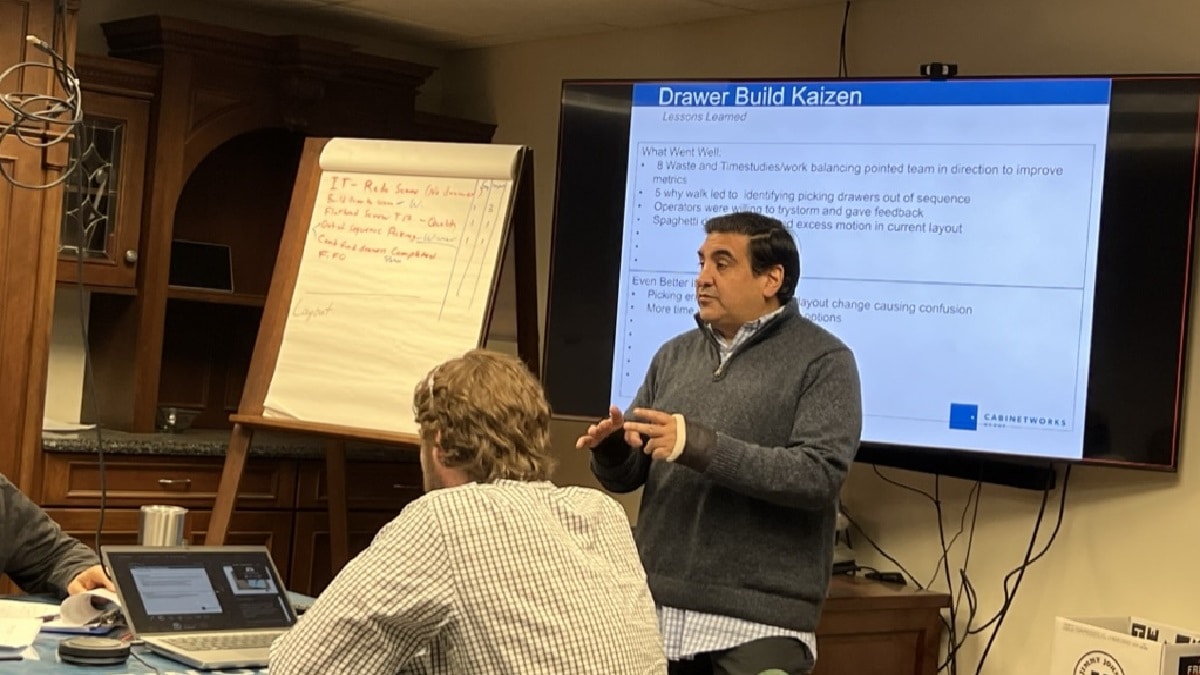Cancer is a painful disease that claims countless lives every year. Despite its prevalence, modern medicine has not yet found a permanent cure. There are, however, preventative alternatives and means of regulation. The thyroid is shared among the most susceptible bodily organs to cancerous metastasis. About 3% of the world’s population has thyroid cancer with no fixed causes or reason. Dr. Shankar, a renowned Oncosurgeon and head-and-neck specialist, breaks down thyroid cancer and the surgery required to remove the gland.
Cells alter or mutate, which causes thyroid cancer to develop. Once there are enough abnormal cells in a thyroid, they start to grow and eventually develop into a tumor through a process called metastasis. Dr. Shankar believes that it is one of the most curable types of cancer if detected early.
One of the leading causes of thyroid cancer is inherited genetic syndromes. In 2 out of 10 cases of thyroid cancer, for example, the cancer is a result of an abnormal gene you’ve inherited. An iodine deficiency can also cause it. If you don’t get much of this chemical element in your diet, you could be at more risk for certain types of thyroid cancer. Another possible cause is radiation exposure. If your head or neck was exposed to radiation treatment as a child, the chances of cancer development in the thyroid region are higher. Dr. Shankar says that women are more susceptible to thyroid cancer than men, with the incidence rate touching over 3% in India for women alone.
The majority of thyroid cancer is treated through thyroid gland removal surgery called a thyroidectomy. In contrast, tiny tumors that have not progressed outside the thyroid gland may only need to have the affected side of the thyroid removed, better known as lobectomy. They will also be removed if the lymph nodes are swollen or exhibit signs of malignant spread.
With nearly 15 years of experience, Dr. Shankar is one of Mumbai’s leading Head and Neck Specialists and Oncosurgeon. He has been associated with prestigious hospitals and institutes like Tata Memorial Hospital and Maulana Azad Medical College. He is currently working as a senior healthcare consultant at HCG Cancer Center, Mumbai.
To learn more about Dr. Shankar’s work and experience, you can connect with him on LinkedIn.








